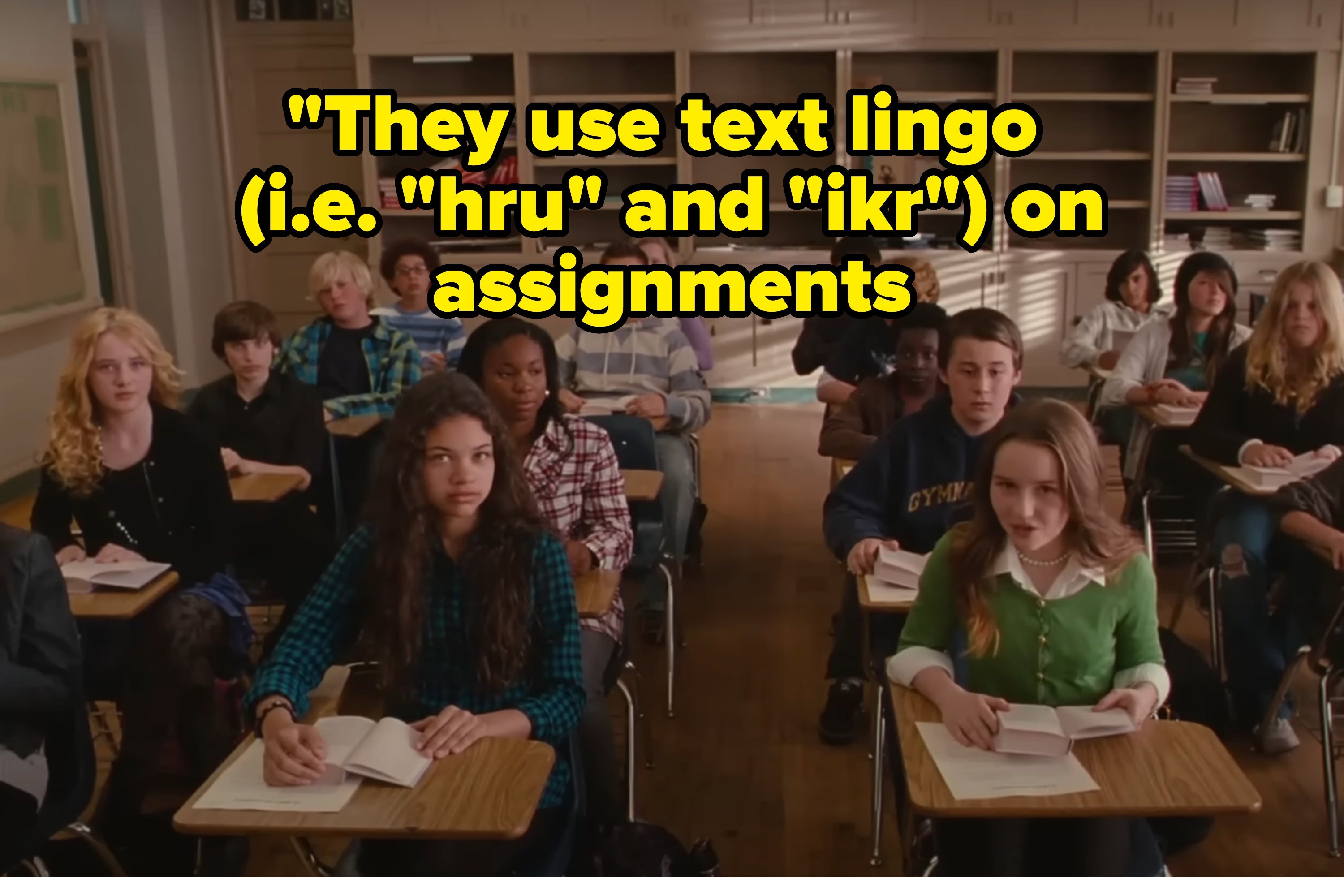In Jordan, public schools don't accept blind children. Until the Rev. Samir Esaid and his remarkable wife Sabah arrived in Irbid, blind children traveled 45 miles to Amman for an education - if they were able. Few made it. The Esaids saw a need and found their calling. Over the next five years they built a school, Arab Episcopal school, which mainstreams blind, low vision and sighted children, a revolutionary concept at that time in Jordan.Today, 120 sighted and 30 blind and low-vision children benefit from the dedication and ingenuity of a committed and determined staff.
Nabeel and Rania are five years old and best friends. Until last year, Rania had never met a blind person. Families often leave their disabled children at home out of shame and the misguided sense that they're protecting them. But these two little kids run and play together, talk and tease, visit each other's home and are slowly advancing the understanding and the rights of the disabled.
In 2003, AES opened a kindergarten which admitted three- to six-year-olds. The school now goes through sixth grade and they hope to eventually continue through high school. They see a desperate need for a specialized vocational school for blind and low vision high school students in particular.
Graduation is bittersweet.
For many, public middle school is an option. For the disabled, no chance.
The library shelves are almost bare. Teachers design and make teaching tools for blind students from bits of plastic packaging, wood scraps and a lot of imagination. There's no bus to get the children to school and most families struggle to pay the fees. But AES's reputation for learning, caring and respect has spread far and wide. The wait list grows and as a result, some children miss out.
Parents of the blind are often completely unaware that their children have potential. They haven't heard of Braille and many don't know that blind children are capable of reading. Often children have never learned to feed themselves, walk or have friends. No one talks to them. So their language skills are deficient - for no reason. After a few months in school, whole worlds open up to them. Sabah told us that sighted students are excited as vacations approach. Blind children become sad. Educating parents and providing support groups is a constant need.
It takes three times as many teachers to fully integrate disabled children into a classroom, and costs four times as much because of extra equipment. But the commitment to this work is total. There is no government support for private schools, so without your help, the work cannot continue.
The wish list includes a bus for $45,000, a computer teacher for staff training at $250/month, Braille books and desperately needed scholarship funds. Every gift will help a child.
In early August, the Rt. Rev. Suheil Dawani, Bishop in Jerusalem, arrived to consecrate the beautiful new St. Mary's Church on the school campus, a visual symbol of growth and hope here. Rev. Samir, a refugee from Israel himself, told us, "The role of the Church is not to just pray on Sunday. Jesus walked among the people; he provided for social needs. We will too." Amen.
Tuesday, November 16, 2010
That The Blind Shall See
In January, Kathy and I will be members of a band of 28 pilgrims from St. John's Episcopal Church that will visit Jerusalem, Nazareth, and other Holy Land sites as guests of the Episcopal Diocese of Jerusalem, which comprises 60 parishes, schools, hospitals, clinics, and other service institutions in Israel, the West Bank and Gaza, Jordan, Syria, and Lebanon. Thanks to an organization of American friends of the Diocese, this word comes about its work:
Subscribe to:
Post Comments (Atom)








No comments:
Post a Comment